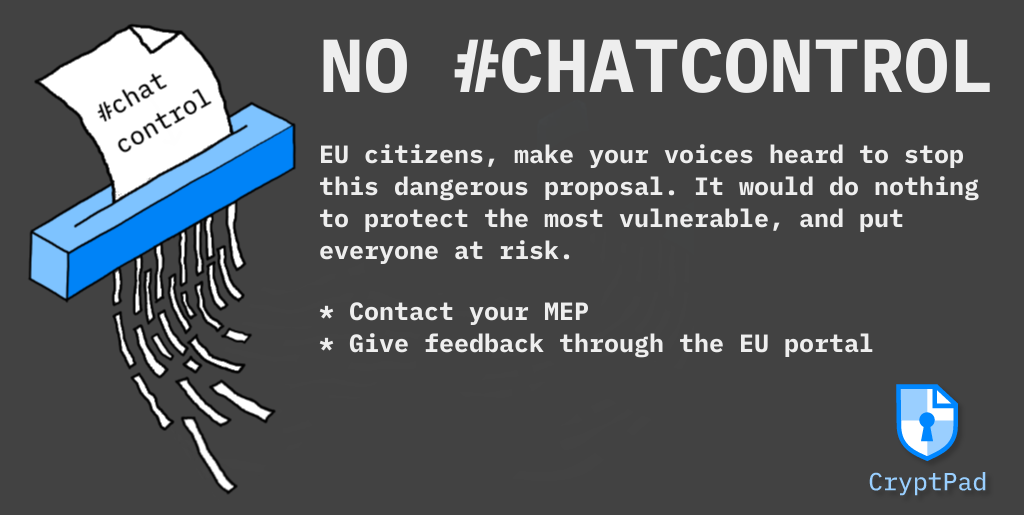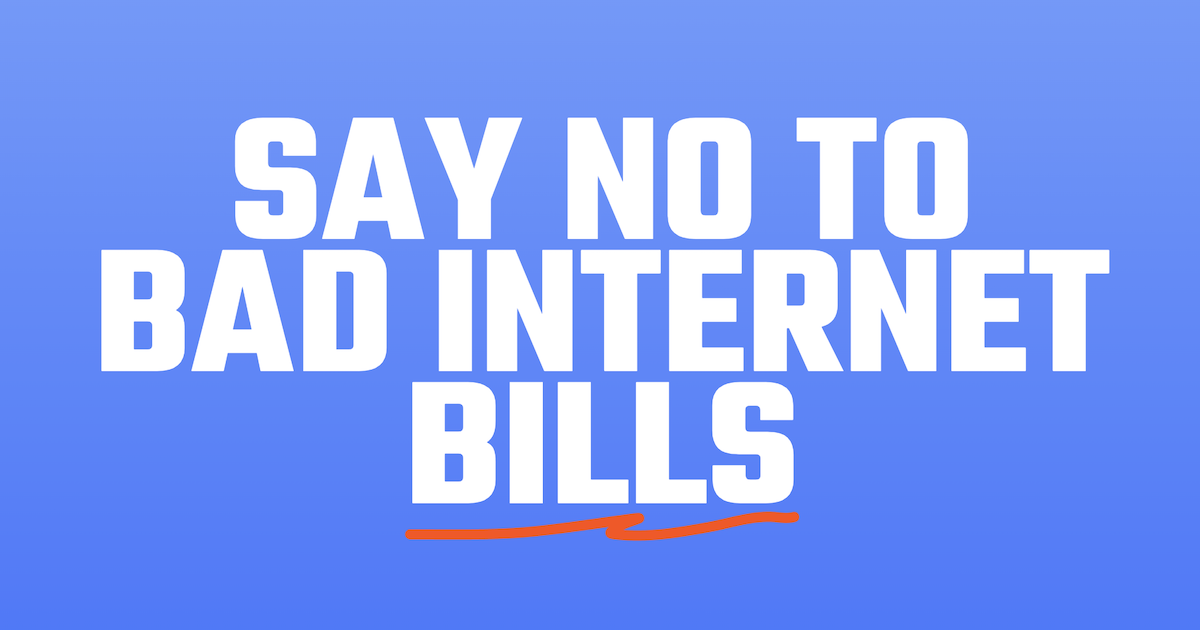- 9 Posts
- 6 Comments
Yes absolutely, because any time the government can increase surveillance and control, they will. The Pirate Party is one of the few political forces in the EU fighting hard against this. Central Bank Digital Currencies will be the biggest threat to individual liberty and privacy we see in our lifetimes. In a time of global instability, these threats to our freedoms continue to compound from all over the political spectrum. People are more willing to accept some loss in freedom in the promise it will protect them from the “other side” gaining too much power or from worsening economic or other environmental conditions.
Bitcoin is a solution for those who want privacy, money, and autonomy to work hand in hand. Bitcoin offers much more robust privacy than a bank account and the degree of privacy it offers continues to improve. It’s not controlled by a central bank, entity, or board of directors who can mess with the supply or have any kind of special access to your financial information. You don’t need six forms of ID to use it, in fact, you don’t even need one! It’s truly autonomous money that separates the role of the state from the role of money.
With Bitcoin, I can send money to anybody anywhere on planet earth with a cell phone and a halfway reliable internet connection in under a second for pennies in fees (using Bitcoin lightning). And I can send that money to anybody even if they have an unstable banking system, no banking system at all (billions of people), or their banking system excludes them due to their gender, sexuality, or status as a political dissident. Venmo can’t do that, Paypal can’t do that, my bank can’t do that, Taler can’t do that. It has a clear fiscal policy of a 21 million coin cap. It has faced attacks and attempted bans from nation states and world powers, yet it has reliably performed this function of sending money around for 15 years without a single hour of downtime, without a single hack, without a single bank holiday or failure or any kind. It has a market cap bigger than Sweden’s GDP. It is more widely adopted than most national currencies. It can’t be controlled, debased, or inflated by any corrupt central bank. It actually has use and value. You may not use it, but that doesn’t mean other people don’t get immense use out of it.
Monero is king when it comes to privacy coins though. So from a privacy perspective, that’s worth looking into as well. Long-term I think Bitcoin will eat Monero for lunch since it can easily adopt the privacy technologies Monero has and the Bitcoin community is very pro privacy. Monero also lacks an L2 like lightning which means transactions are slower and more expensive and eventually fees will get ridiculous if adoption reaches parity with Bitcoin. Depending on your use case, that may or may not matter.

 1·3 months ago
1·3 months agoThese laws are being passed by politicians who generally don’t understand technology. What they will achieve is a reduction in privacy and liberty for every citizen in the EU and easier methods to clamp down on dissent. Just because it’s not technically perfect or difficult to implement fully doesn’t mean it’s not a threat. It’s one step closer totalitarianism, and what’s stopping totalitarianism is everyday people, one step at a time, battling it back.

 1·6 months ago
1·6 months agoCommercial transactions -
Aaah, the kind of transaction that most transactions are?
Operated by providers
Aah, so any business which accept crypto must KYC every one of their customers. This makes accepting crypto especially burdensome, which is half the point of this legislation in the first place.
So non-commercial transations are fine, as are crypto transactions to non-custodial wallets.
Unless you’re using the wallet to buy or sell something. You know, the thing people use money for.
Why does the government need to have every transaction reported to them? Crime is bad because it causes harm. If harm is being caused, that means a person or entity is causing that harm. That means there is evidence. Follow that.
Police have more surveillance and crime-detecting tools than at any point in human history. Nearly every category of crime, particularly violent crime, is on a decades-long downtrend. We all travel with GPS monitors in our pockets. We all use credit cards instead of cash. We all are recorded by CCTV 90% of the places we go. We don’t need to give them more financial surveillance because ‘crime’.

 0·6 months ago
0·6 months agoExcept they already made Oracle handle all that and they can easily legislate privacy protections without banning TikTok entirely. And, again, it is my right as a citizen to install whatever app I want even if it is spying on me, just like the rest of my apps do. I could film every second of my life and put it up on Facebook or a personal website and the Chinese government could watch it and there’s not a damned thing the US government can do about it.

 1·11 months ago
1·11 months agoPro tip: The Electronic Frontier Foundation is a non-profit which has been defending your right to privacy for many years. If you shop on Amazon, you can give a portion of the purchase price to EFF. You pay the same amount and daddy bezos gets a few less dollars. Use the affiliate link, not the smile link as smile has been sunsetted: https://www.eff.org/node/58741



If you are an American and care about privacy: